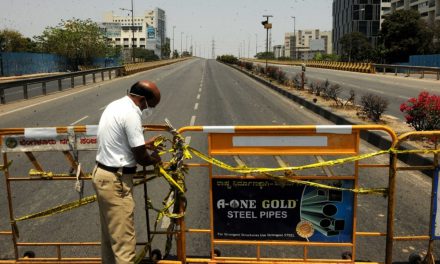High blood pressure, often dubbed the “silent killer,” is known for its detrimental effects on the heart and kidneys. However, emerging research indicates that it can also silently wreak havoc on the liver. A recent report in Hindustan Times highlights the potential link between hypertension and liver damage, urging individuals to be vigilant about potential warning signs.
While the connection between high blood pressure and liver health isn’t widely recognized, studies suggest that chronic hypertension can lead to reduced blood flow to the liver, causing inflammation and scarring, a condition known as hepatic fibrosis. This can eventually progress to more severe liver diseases, including cirrhosis.
“Many people are unaware that their blood pressure could be affecting their liver,” says the report. “This is because liver damage often progresses without noticeable symptoms in the early stages.”
Therefore, it is crucial to pay attention to potential indicators that might suggest liver issues, especially if you have been diagnosed with hypertension. Some of the warning signs to watch out for include:
- Fatigue: Persistent and unexplained tiredness can be an early sign of liver dysfunction.
- Abdominal swelling or pain: Fluid buildup in the abdomen, known as ascites, or discomfort in the upper right quadrant can indicate liver problems.
- Jaundice: Yellowing of the skin and eyes, a classic symptom of liver disease, occurs due to the buildup of bilirubin.
- Dark urine and pale stools: Changes in urine and stool color can also be indicative of liver issues.
- Easy bruising or bleeding: Impaired liver function can affect blood clotting, leading to increased bruising or bleeding.
- Swelling in the legs and ankles: Fluid retention due to impaired liver function can cause swelling in the lower extremities.
The report emphasizes the importance of managing blood pressure through lifestyle modifications, such as a healthy diet, regular exercise, and stress management. Regular check-ups and blood pressure monitoring are also essential for early detection and prevention of liver damage.
If you have concerns about your blood pressure or experience any of the mentioned symptoms, it is crucial to consult a healthcare professional for proper evaluation and guidance. Early detection and intervention can significantly improve outcomes and prevent the progression of liver disease.
Disclaimer: This news article is based on information from the provided source and is intended for informational purposes only. It is not a substitute for professional medical advice. Always consult with a qualified healthcare provider for any health concerns or before making any decisions related to your health or treatment. The information presented here should not be interpreted as a definitive diagnosis or treatment recommendation.(https://www.hindustantimes.com/lifestyle/health/your-blood-pressure-could-be-silently-damaging-your-liver-watch-out-for-these-warning-signs-101742383000531-amp.html)












